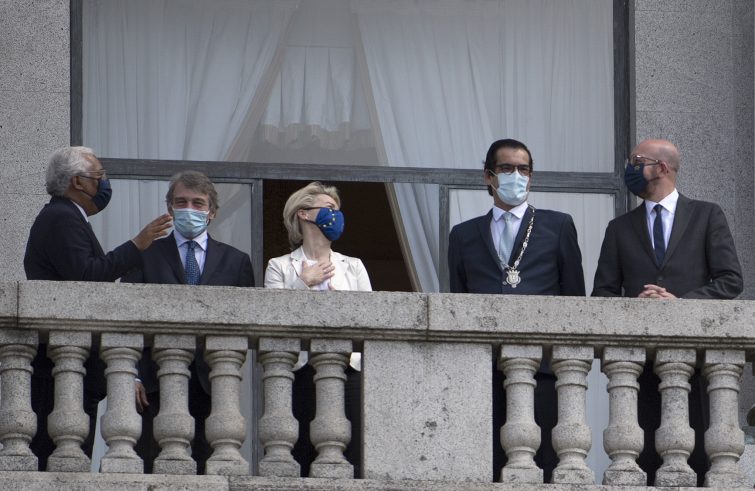
“Our citizens expect a lot from the recovery we are preparing. They expect it to have a strong social impact, to bridge inequalities, to create quality jobs, and to accompany everyone throughout the great transition that lies ahead”. European Parliament President David Sassoli said this at the Porto Social Summit, sponsored by the European institutions. “The COVID-19 crisis has further exacerbated the difficulties of the most vulnerable, women, young people, people with disabilities, those who had a precarious job, low-skilled workers; it has thus increased inequalities in Europe”. According to Sassoli, “the exacerbation of inequalities caused by the crisis risks leaving a legacy of poverty and social and economic instability that would be devastating. COVID-19 has highlighted the pre-pandemic inequalities more vividly than we could have imagined”. These disparities reflect “pre-existing inequalities in education, income, background and ethnicity that we must now address more vigorously than in the past”. But “great crises can and must create the political space for reforms that we could hardly have imagined before; they can even transform the impossible into an imperative”. It is indeed “in times of crisis that the European project should prove to be a project for the good of all, protecting people, supporting businesses, and investing in equality, social progress and economic welfare”.
